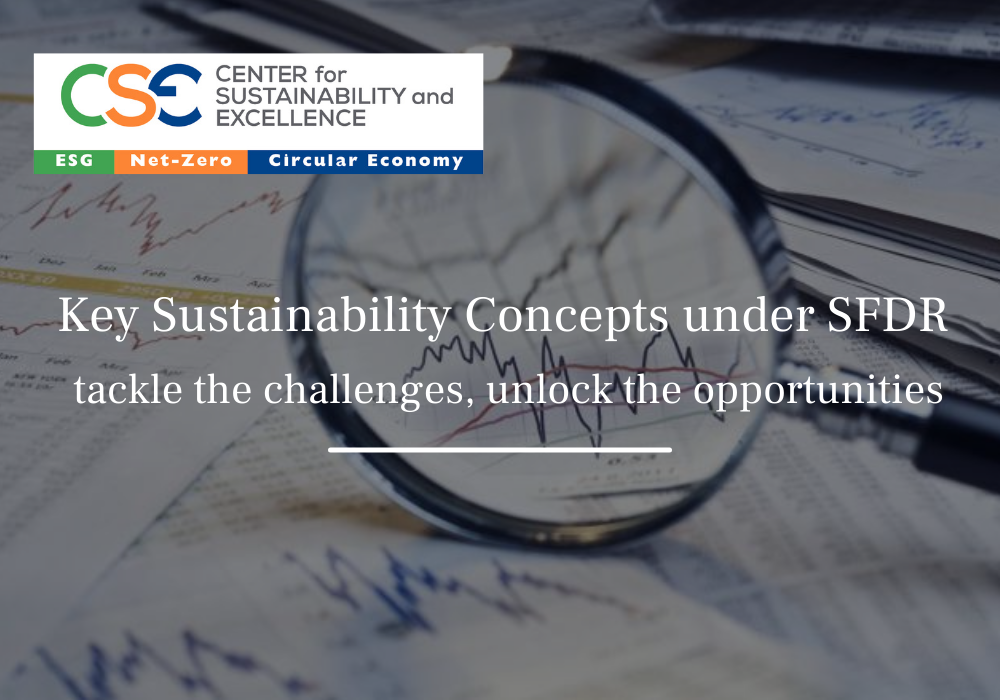Under the Sustainable Finance Disclosure Regulation (SFDR), all EU asset managers are now asked to publicly disclose. Pension funds, insurers and asset managers must disclose how they consider ESG risks in their investment decisions.
The SFDR will create a structural change in financial markets by making sustainability reporting mandatory and will push portfolio managers to assess sustainability-related risks in their investments. Asset managers and owners will have to include information on their websites as well as in their fund documentation. Through its Green Deal, the EU aims to mobilize at least €1 trillion of sustainable investment over the next 10 years.
The new regulations are designed to provide a common set of rules on sustainability risks and to prevent greenwashing. The EU taxonomy sets a common language between investors, issuers, project promoters and policy makers, and helps to increase investments that are consistent with sustainability goals, such as creating a net-zero, resilient and sustainable economy. The Taxonomy is also a useful tool to support investors and companies to plan and report on the transition to a low-carbon, inclusive economy.
However, we should also consider that as companies upgrade to greener alternatives, there will be increased capital expenditure to finance any transition. Although this switch might reduce costs over the long term, customers will likely bear the costs via price increases, which reinforces the ongoing inflation. Similarly, with sustainable packaging in manufacturing industries, the higher costs incurred by businesses could easily be passed on to the end consumer.
Opportunities in reopening
As Europe emerges from the latest wave of the pandemic, easing of Covid-related restrictions could boost services such as hospitality and travel-related sectors, among others, providing selective opportunities for investors.
Constrained savings from almost two years of on/off restrictions could also boost consumer spending, alongside stronger business investment.
Furthermore, the policy framework remains supportive, with accommodative monetary policy and unprecedented fiscal support from the €800bn NextGeneration EU economic recovery package – which aims to boost growth and aid investment in Europe’s green transition, infrastructure, and digitalization agenda.
Lead your organization along the ESG reporting and join CSE’s flagship course, the Certified Sustainability ESG Practitioner Program, Advanced Edition 2022, Digital Version on March 10-11 & 14, to develop a successful sustainability (ESG) strategy and become Certified Sustainability ESG Practitioner by the most qualified training provider in the field.
Register on time and reach as at [email protected] for more information and group discounts!







